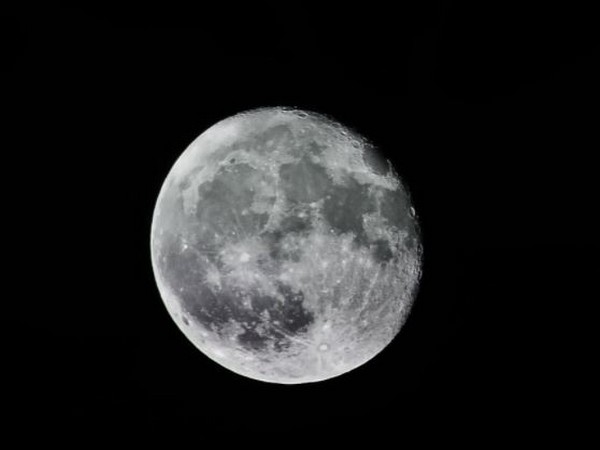
Japan's lunar probe not generating power despite moon landing
Jan 20, 2024
Tokyo [Japan], January 20: Japan's national space agency on Saturday confirmed its first moon landing with the Small Lunar Landing Demonstrator (SLIM), but the spacecraft's solar cells failed to generate electricity.
The unmanned probe landed on the moon at 12:20 a.m. Saturday local time, the Japan Aerospace Exploration Agency (JAXA) said in an online statement, noting that communication had been established after the landing.
As SLIM's solar cells were not generating electricity, it was working on backup batteries which would only last for hours, JAXA officials told a press conference on Saturday.
The operation was "likely a full success" based on the current criteria of moon touchdown, said officials at the press conference. Japan became the fifth country having landed a spacecraft on the moon after the United States, Russia, China and India.
SLIM, a small probe about 2.4 meters high and weighing about 200 kg excluding fuel, is designed to test technology for conducting pinpoint landings on the surface of gravitational bodies with an unprecedented precision of less than 100 meters from intended targets, as opposed to conventional landers that often have an accuracy of within several kilometers, according to JAXA.
The officials said SLIM succeeded in soft-landing, but the completion of the pinpoint landing had not been confirmed.
The agency expects SLIM, dubbed the "moon sniper", helps unravel the moon's origins by carrying out a composition analysis of rocks believed to be part of its mantle.
Due to the solar power system malfunctions, the agency said it was prioritizing data acquisition from the lunar surface, and proceedings with the obtained data would be updated in the future.
The rocket carrying SLIM was launched on Sept. 7 from the Tanegashima Space Center in southwestern Japan, in the country's third attempt at a lunar landing.
In November 2022, JAXA lost contact with its Omotenashi lander and scrubbed an attempted landing. In April 2023, the Hakuto-R lander, built by Japanese startup ispace, successfully reached lunar orbit but crashed during its touchdown attempt.
Source: Xinhua









